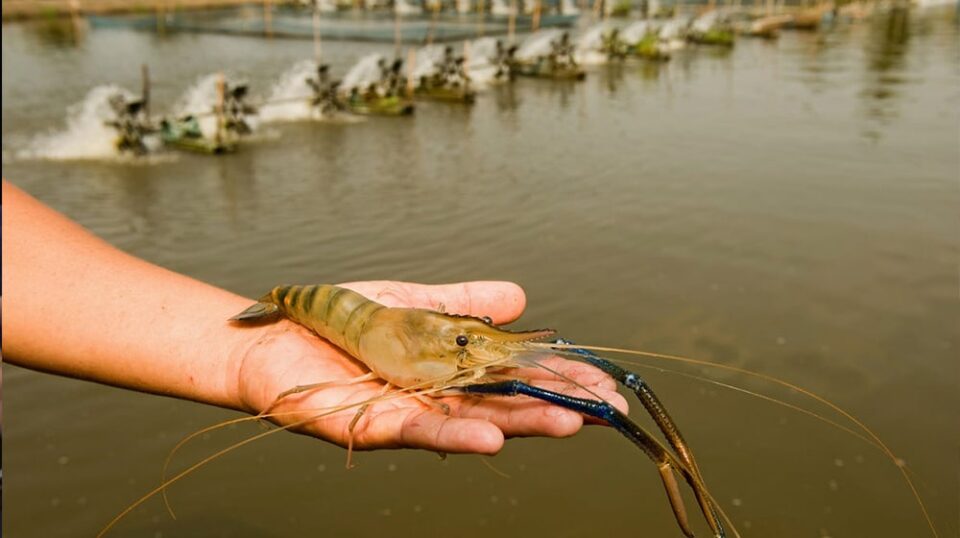Pakistan Launches Rs. 90 Million Project to Protect Sea Turtles and Boost Shrimp Exports
Oct 9, 2025
In a major step toward marine conservation and sustainable fishing, the Government of Pakistan has launched a Rs. 90 million project aimed at protecting endangered sea turtles while improving shrimp export standards. The initiative introduces Turtle Excluder Devices (TEDs) in shrimp trawling operations — a globally recognized method to ensure eco-friendly seafood harvesting.
A Step Toward Sustainable Fishing
Federal Minister for Maritime Affairs Muhammad Junaid Anwar Chaudhry announced the project on Thursday, calling it a vital move to promote marine sustainability and ensure compliance with international seafood regulations.
Under this project, the government will:
-
Provide free distribution and installation of standardized Turtle Excluder Devices (TEDs)
-
Conduct training sessions for trawler crews
-
Organize capacity-building workshops for local fishermen
Additionally, data will be collected to evaluate TED performance — including their impact on shrimp catch rates and net efficiency.
What Are Turtle Excluder Devices (TEDs)?
A Turtle Excluder Device is a grid-like mechanism fitted inside shrimp trawl nets. It allows sea turtles and other large marine species to safely escape, while shrimp remain trapped in the net.
This innovation not only helps reduce accidental turtle deaths but also protects biodiversity and improves fishing efficiency.
Regaining U.S. Shrimp Export Certification
Minister Chaudhry highlighted that the introduction of TEDs will play a key role in helping Pakistan regain U.S. certification for shrimp exports, which was suspended several years ago due to non-compliance with marine protection protocols.
“This project reflects Pakistan’s commitment to responsible marine resource management,” said Chaudhry. “It will enhance our global image in the seafood trade and support long-term biodiversity goals.”
Supporting Fishermen and the Seafood Industry
The initiative addresses concerns from local fishermen regarding shrimp loss and net damage, ensuring that sustainability measures go hand in hand with economic growth. By adopting these international best practices, Pakistan’s seafood sector is expected to see higher export value, greater global trust, and environmental resilience.
Aligning with Global Commitments
Officials confirmed that the programme aligns with Pakistan’s international commitments on marine sustainability, including global efforts in seafood traceability, marine biodiversity conservation, and eco-friendly trade practices.
A Win for Nature and the Economy
This Rs. 90 million project symbolizes a win-win for both wildlife protection and economic development. By ensuring that Pakistan’s shrimp industry grows responsibly, the government is paving the way for a sustainable blue economy and a healthier marine ecosystem.

